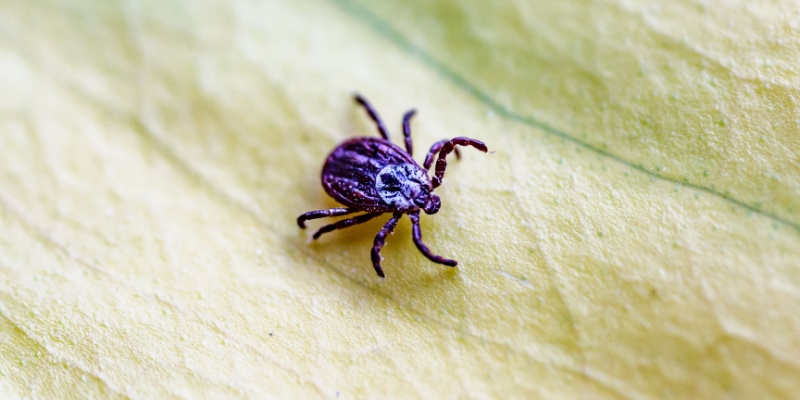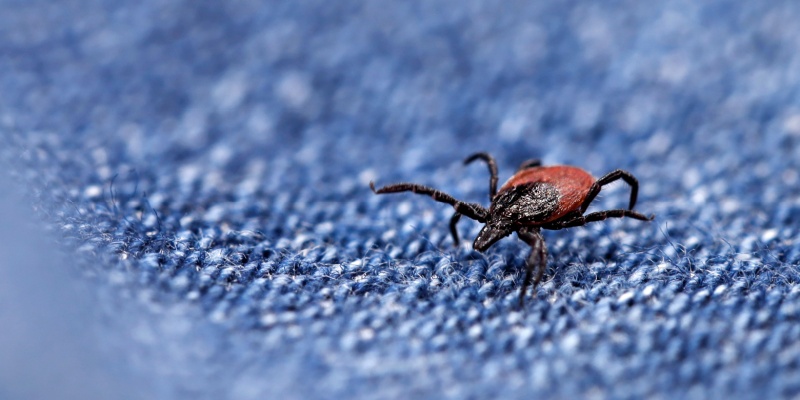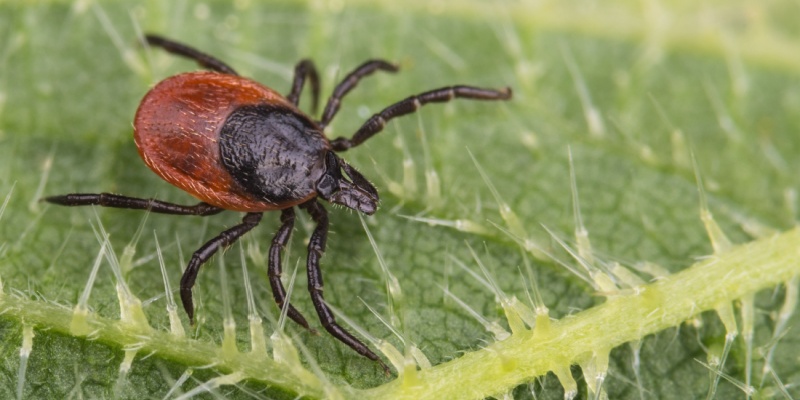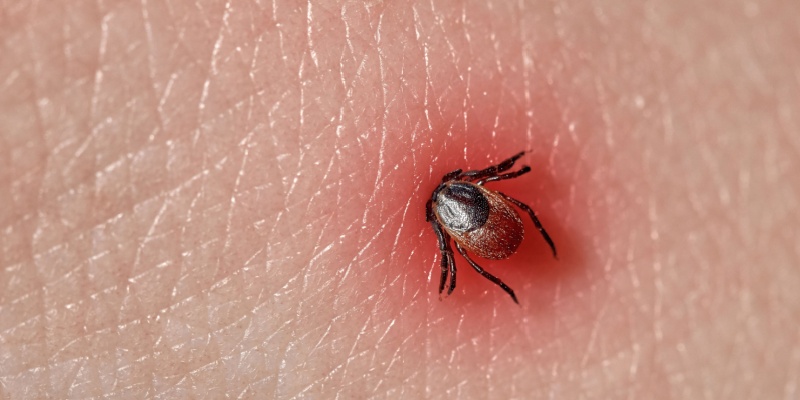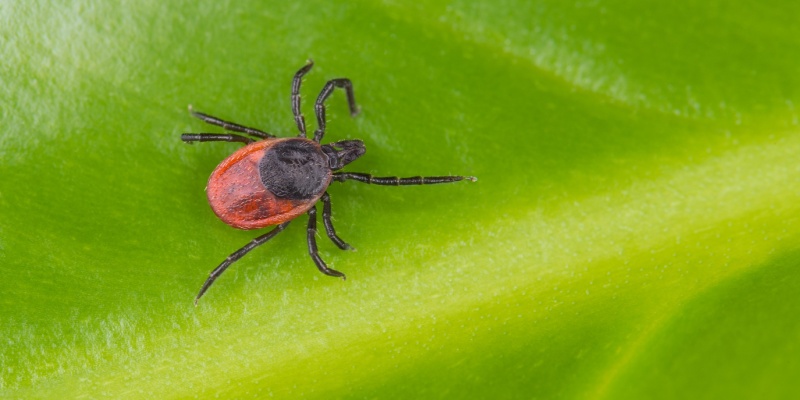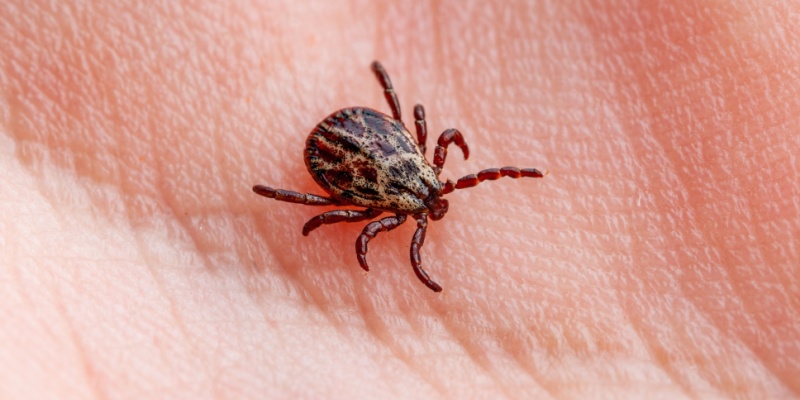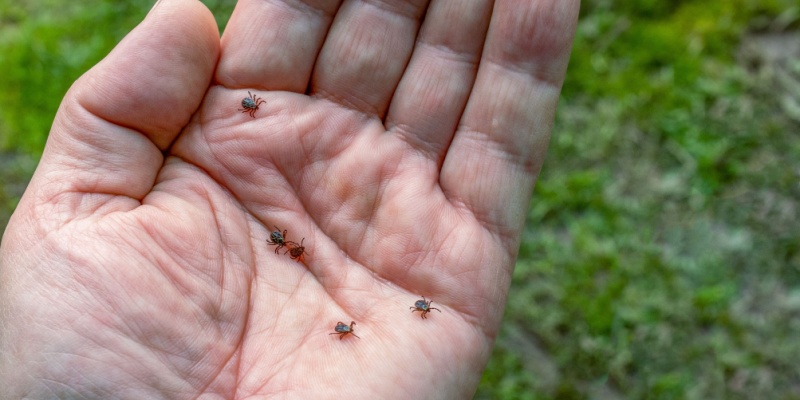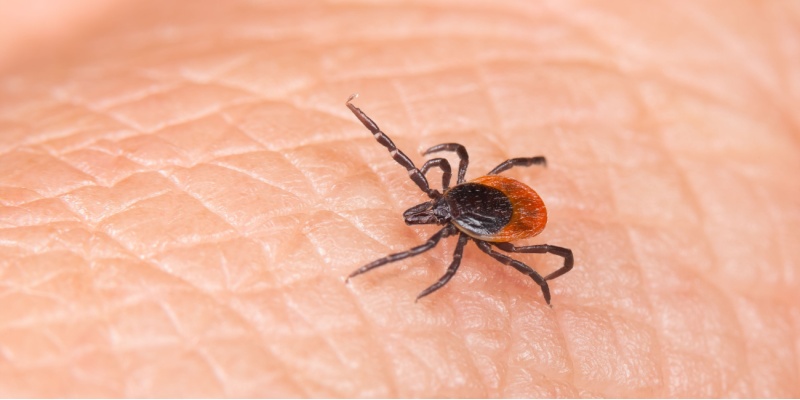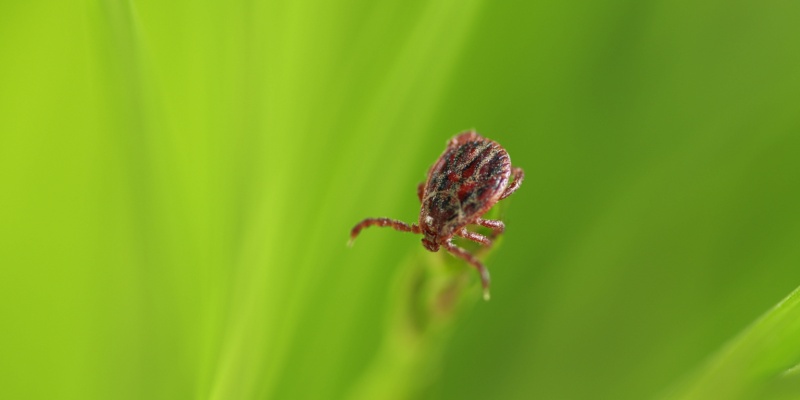York, Maine, with its beautiful beaches, scenic trails, and historic sites, attracts both residents and visitors seeking outdoor enjoyment. However, these same natural features that make York so appealing also create ideal habitats for ticks. Understanding when tick activity peaks in York is essential for protecting yourself, your family, and your pets from potentially dangerous tick encounters.
Year-Round Tick Risk in York
While we often refer to “tick season,” it’s important for York residents to understand that ticks can be active year-round in coastal Maine. Unseasonably warm days, even in winter, can bring ticks out of dormancy. However, there are definite peak periods when tick encounters are much more likely.
The Two Peak Seasons for Tick Activity in York
Spring to Early Summer (April-July)
The first and most dangerous peak occurs from late spring through early summer, typically April through July. This period is particularly concerning because:
- Nymph Tick Activity: This is when nymph-stage deer ticks (about the size of a poppy seed) are most active. These tiny ticks are more likely to transmit diseases than at any other stage due to their small size making them difficult to detect.
- Increased Outdoor Activity: This coincides with when York residents spend more time outdoors, increasing potential exposure.
- Disease Transmission Risk: Nymph ticks have already had one blood meal in their life cycle, increasing their chances of carrying pathogens.
The combination of nearly invisible nymph ticks and increased human outdoor activity makes this first peak particularly dangerous for disease transmission.
Fall (September-November)
The second peak of tick activity in York occurs in the fall, typically from September through November. During this time:
- Adult Tick Activity: Adult female deer ticks are actively seeking a final blood meal before winter.
- Leaf Litter Concerns: Fall leaf litter provides ideal hiding places for ticks, increasing the risk during autumn yard work and outdoor activities.
- Holiday Activities: Gathering greenery for holiday decorations and other outdoor fall activities in wooded areas increases exposure risk.
While adult ticks are larger and easier to spot than nymphs, they’re also more likely to be infected with pathogens, having had multiple blood meals throughout their life cycle.
Weather Factors Affecting Tick Activity in York
York’s coastal location creates specific conditions that affect tick activity:
- Humidity Levels: Ticks require high humidity to survive. York’s coastal environment often provides ideal humidity conditions that extend tick activity seasons.
- Temperature Fluctuations: Ticks become active when temperatures rise above approximately 40°F. York’s temperature patterns, particularly in spring and fall, can lead to sudden increases in tick activity.
- Winter Activity: Even in winter, ticks can become active during warm spells. When temperatures rise above freezing and snow melts, ticks may resume seeking hosts.
High-Risk Areas in York
Certain locations around York present higher tick encounter risks:
- Trail Systems: Popular trails like those in Mount Agamenticus Conservation Region
- Beach Access Points: Areas where coastal vegetation meets beach access paths
- Grassy Dunes and Transitional Areas: Where beach environments transition to more vegetated areas
- Parks and Recreational Areas: Such as Goodrich Park and York Community Gardens
- Wooded Residential Properties: Particularly those adjacent to conservation land
Signs That Indicate High Tick Populations
Be particularly vigilant when you observe these indicators of potentially high tick populations:
- Abundant Deer Presence: Frequent deer sightings or tracks suggest deer ticks may be prevalent
- Small Mammal Activity: Evidence of mice, chipmunks, or voles indicates potential tick hosts
- Overgrown Vegetation: Tall grasses, dense underbrush, and unmaintained areas create ideal tick habitats
- Leaf Litter Accumulation: Piles of decomposing leaves provide perfect tick microclimates
Protective Measures for York Residents
Personal Protection
- Use EPA-approved repellents containing DEET, picaridin, IR3535, or oil of lemon eucalyptus
- Treat clothing and gear with products containing 0.5% permethrin
- Wear appropriate clothing: Light-colored, long sleeves and pants, tucked into socks
- Stay on trails and avoid brushing against vegetation when hiking
- Conduct thorough tick checks after outdoor activities
- Shower within two hours of coming indoors
- Place clothes in a dryer on high heat for at least 10 minutes to kill any ticks
Property Management
- Maintain landscaping: Keep grass short, remove leaf litter, and clear tall grasses and brush
- Create barriers: Install a 3-foot wide barrier of wood chips or gravel between lawns and wooded areas
- Remove tick habitats: Keep play areas and furniture away from yard edges and trees
- Discourage wildlife visitors: Remove bird feeders during peak tick season and secure garbage
- Consider professional tick control services: Atlantic Pest Control offers targeted treatments for York properties
Professional Tick Management from Atlantic Pest Control
Our comprehensive approach to tick control for York properties includes:
- Property Assessment: We identify tick hot spots and habitat on your specific property
- Targeted Treatments: We apply treatments to areas where ticks are most likely to be found
- Integrated Pest Management: We combine various strategies for maximum effectiveness with minimal environmental impact
- Ongoing Protection: We offer treatment plans that provide protection throughout tick season
When to Seek Medical Attention
If you find a tick attached to your skin, remove it promptly and correctly. Monitor for symptoms that may indicate infection:
- Expanding rash (may resemble a bull’s-eye)
- Fever and chills
- Fatigue
- Headache, muscle and joint pain
- Swollen lymph nodes
If you develop these symptoms after a tick bite or after spending time outdoors in York during peak tick seasons, consult a healthcare provider promptly.
By understanding the seasonal patterns of tick activity in York and taking appropriate precautions, you can continue enjoying all the outdoor beauty this coastal community has to offer while minimizing your risk of tick-borne diseases. For personalized advice on protecting your York property from ticks, contact Atlantic Pest Control today.
